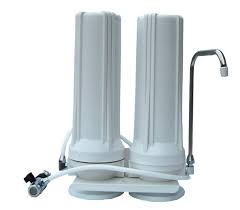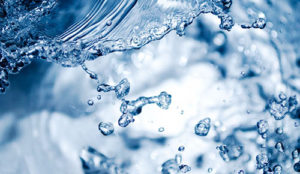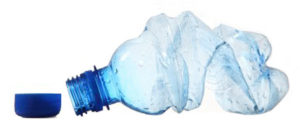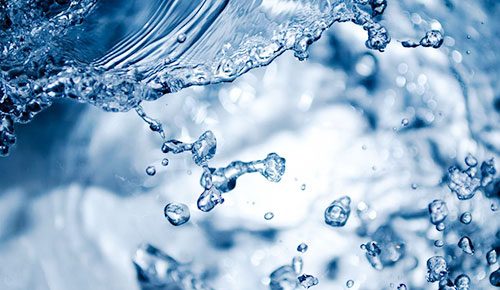How much do you know about the water you drink every day? Better yet, how much truth do you know about your drinking water? If you previously believed any of these misconceptions, it’s time to reconsider your thoughts.
1. Bottled is better for you than tap water.
These sources are monitored by different agencies. Bottled water is controlled by the FDA, while tap water is monitored by the EPA. In some cases, the EPA places heavier regulations on tap water than the FDA does on bottled water. While some bottled waters claim exotic sources or added minerals, the truth is that this doesn’t do much for your health. Not to mention bottled water costs hundreds of times more than tap water.
2. Filtering water makes it safer for you to drink.
While your filter may make your water taste better to you, it doesn’t actually remove anything harmful in most cases. In addition, filters need to be changed and monitored frequently in order for them to be running at peak efficiency, and you must ensure you are keeping up to date with yours.
3. The amount of water available to us has decreased over the last century.

This is a claim that pops up every so often, but the truth is that we still have the same amount of available water as we did back then. The difference is that the development of the world has placed more demand on water. Industrialization and the world’s ever-growing population have increased water’s demand on the same amount of supply. We must be careful in how we use and conserve this renewable resource.
4. Bottled water is good for the environment because the bottles are recyclable.

It is true that the bottles can be recycled, but the energy used by the bottled water industry as opposed to energy used to provide tap water is much too high. From oil used in making the bottles, to freight and trucks transporting cases of water, ecological and economical costs of the bottled water industry are high. This isn’t even considering the fact that most water bottles don’t get recycled anyway.
We hope you will consider these busted misconceptions about drinking water and use this knowledge in your everyday life. Does that tap water look so bad now?
